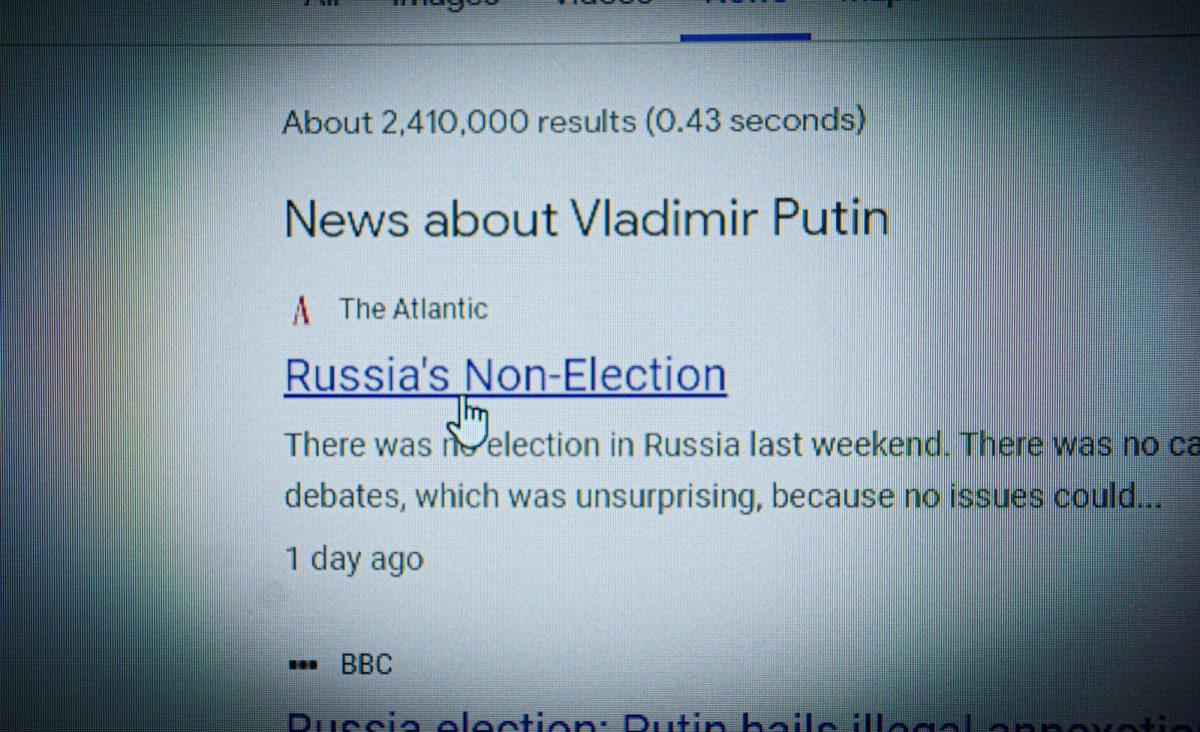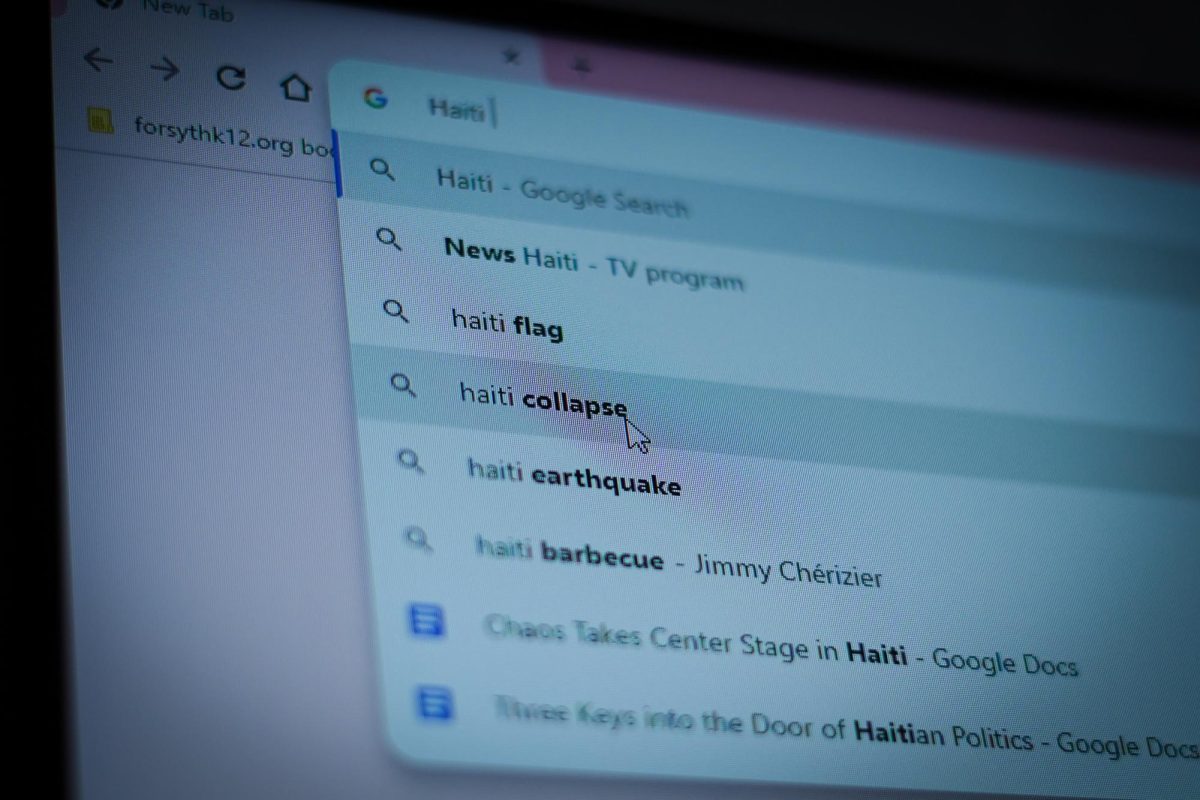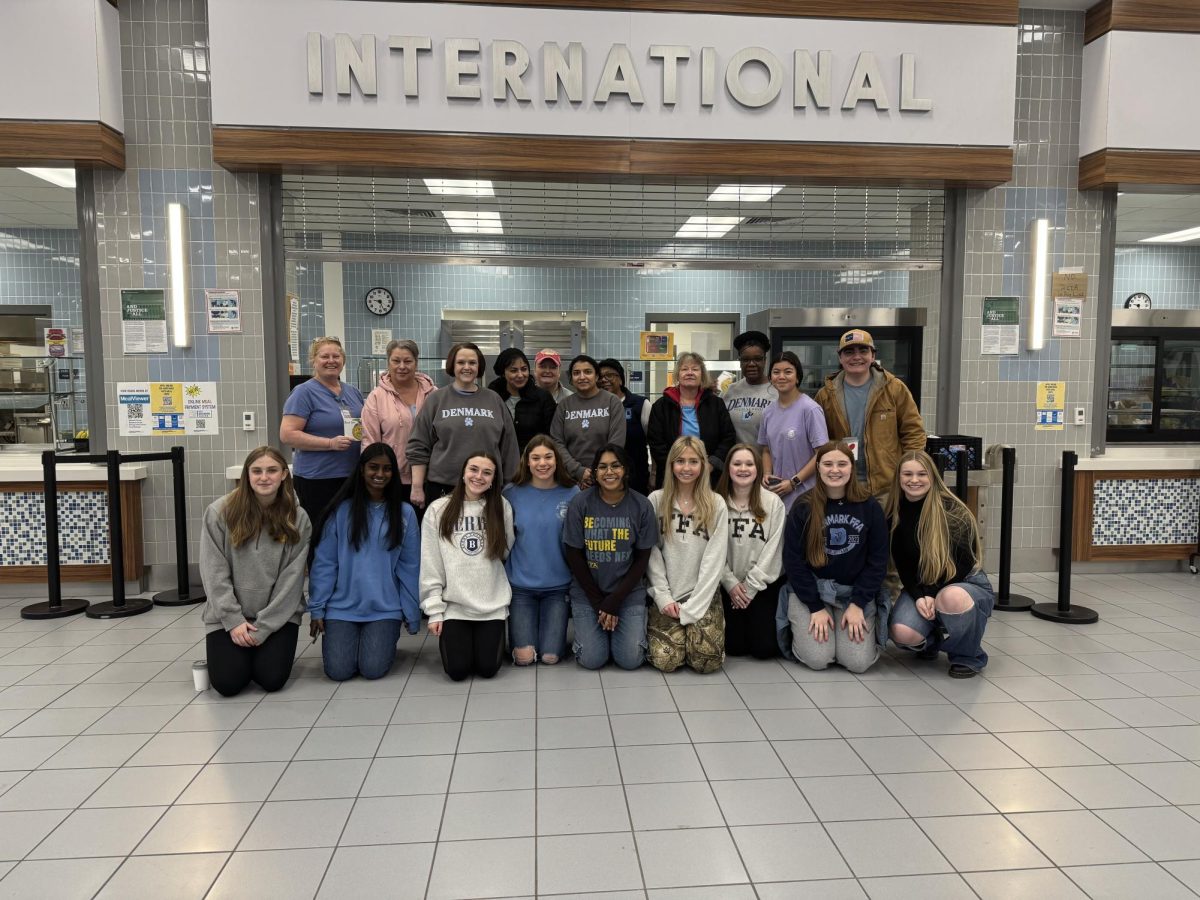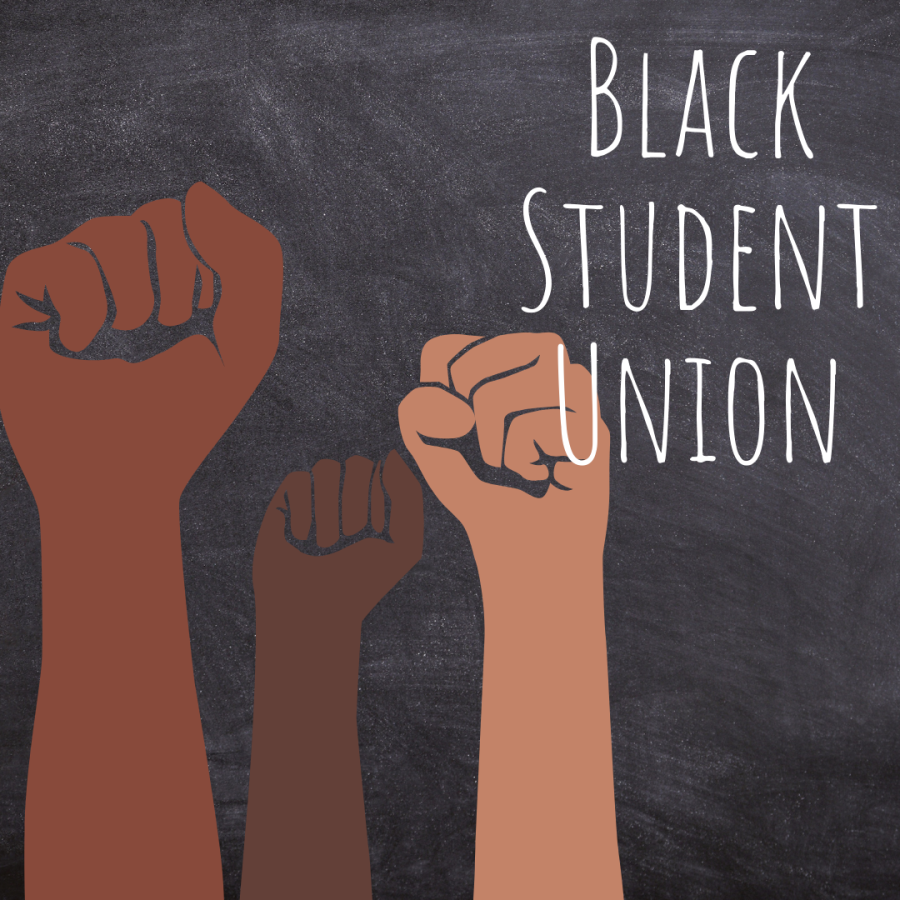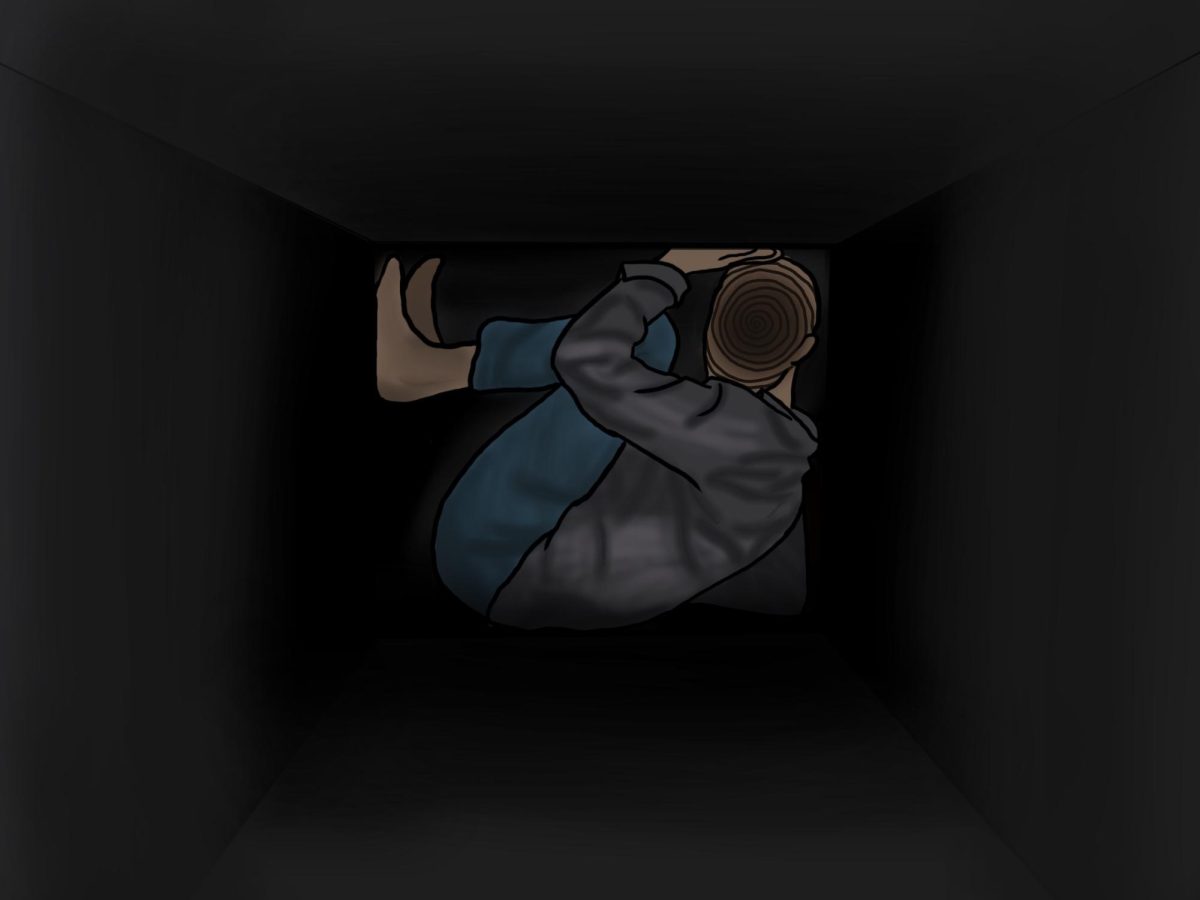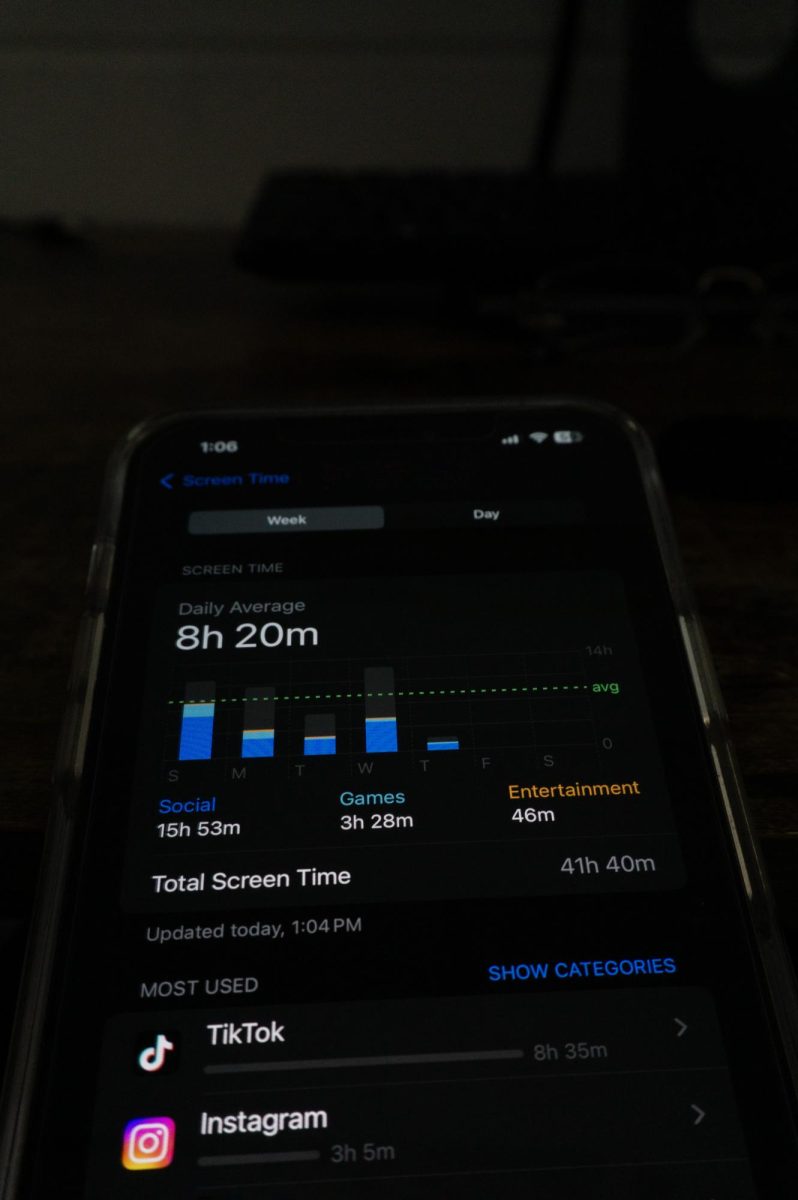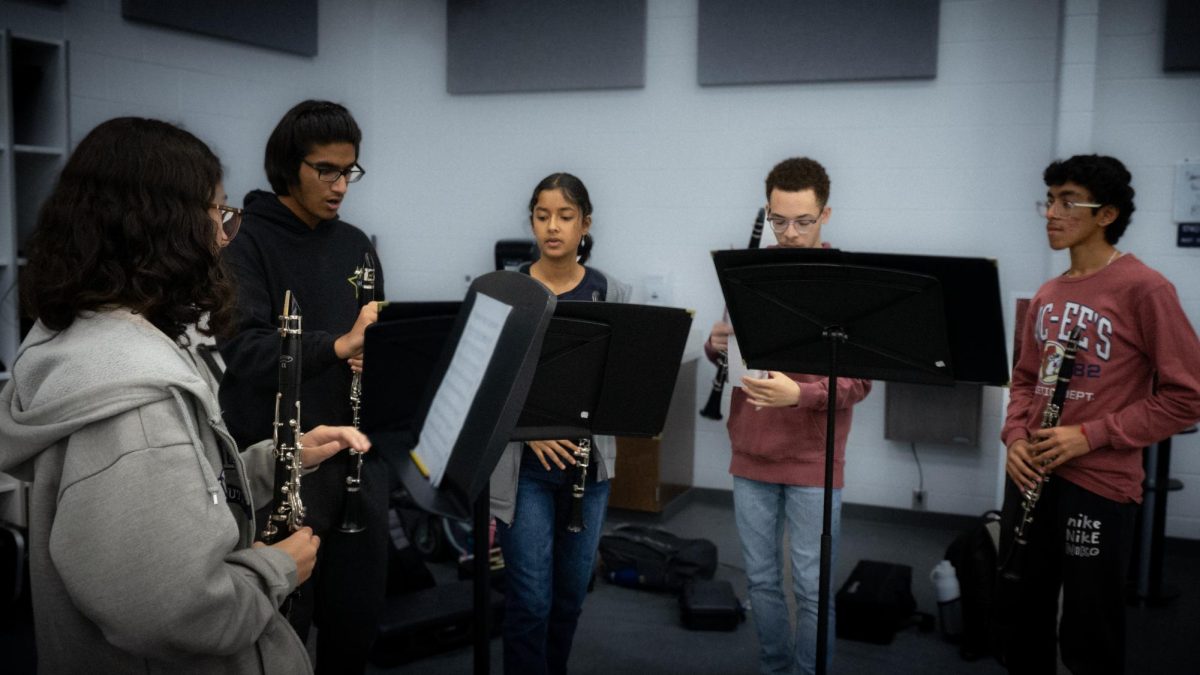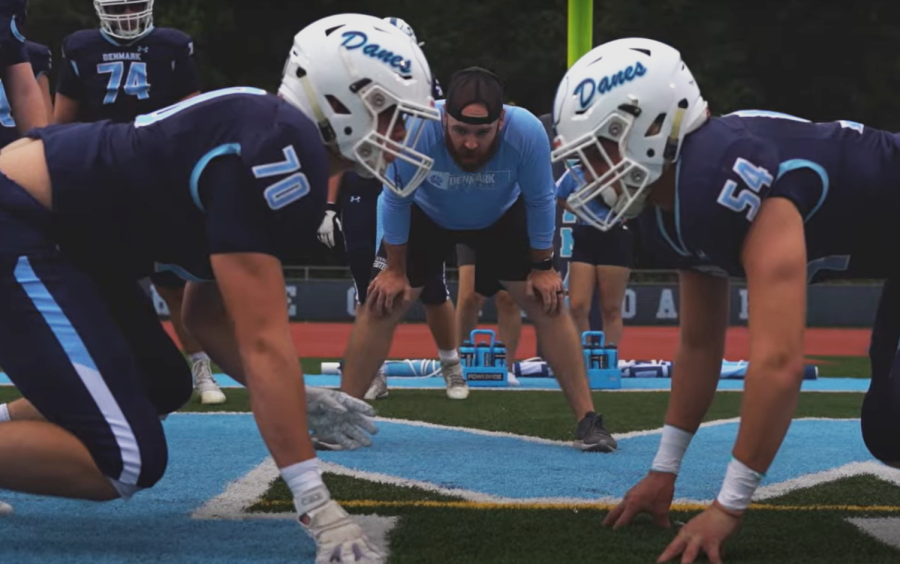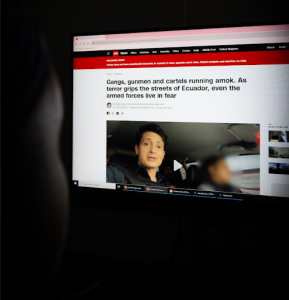
Uprising [noun]: “an act of opposition, sometimes using violence, by many people in one area of a country against those who are in power.” Rebellions in nations typically become a national threat when the localized group of offenders express resistance towards the government’s structures, such as religion, language, or legitimacy. Revolts occur internationally and sometimes require the aid of neighboring countries in order to quell resistance or bring about political change. Violent insurgents frequently undermine the sentiments of citizens living there and employ total war tactics, believing that there is no other option.
The Islamic State, which began as an Iraqi movement, is one of the disastrous revolutions that has attracted global attention for its spillover effects into surrounding countries. The Islamic State of Iraq and Syria, or ISIS, attempted to overthrow jihadist groups, which are violent Islamic extremists within the two nations. The United States liberated ISIS in 2003. Similiarly, violent unrest lies with terror gangs in Ecuador. Drug-fueled organized crime has been prevalent in Ecuadorian history, but not as much as its narcotics-ridden neighbors. In fact, gang members engaging in total war tactics baffled the public of one of the more peaceful Latin American countries. Involving innocent civilians in their cause, these members crashed a live television show and held journalists at gunpoint. This incident catalyzed the civil unrest already rampant in the nation, and forced the government to declare war.
Believe it or not, Ecuador was once a safe haven from the savagery of narcotics, especially after the president had signed a truce with the Revolutionary Armed Forces of Colombia, a Marxist guerilla group in conflict with Colombia’s government. About twenty years ago, the revolts of surrounding countries began spilling into Ecuador, especially around port cities like Guayaqil. As mentioned before, this type of event occurs frequently and has been repeatedly documented throughout history. As American authorities began to crack down on cocaine trafficking in Colombia and Peru, drug mafias sought a new destination for their drug shipments which were innocently disguised as crates of bananas. Ecuador was perfect due its location between both countries.
Los Choneros, the largest and most notorious Ecuadorian drug organization, could be comparable to an Italian or Albanian cartel. Their leader, Adolfo Macias, escaped from Guayaqil prison, and offered an alliance among gangs prompting the government’s response. Ecuadorian prisons are currently run by inmates who not only provide cell rentals, but also go as far as to decorate their cells with murals. That is why a truce was necessary, as there are frequent fights in prisons over which gang deserves power. Macias himself has stated that he has no plans to leave La Roca, the prison that he commands, and any attempt to remove him would result in war and riots. This also provides a viable explanation for Macias’ easy escape during his transfer.
“You declare war, you will get war.”
The most important tactic for diminishing an overthrow is for President Daniel Noboa to limit any opposition to his leadership, as the more support that the twenty-two allied terrorist organizations have, the harder it will be for the government to regain control. In fact, authorities in “Mexico and El Salvador have aggressively gone after criminals [and] systematically violated the human rights of the broader population” (Jorge), which dwindled civilian support for the government. President Noboa has deployed the military, but civilians are afraid that the violence will only increase as a prosecutor investigating the case was just gunned down in his car. If the president wants to reach his goal of thwarting uprising efforts while still remaining popular with the people, he will need to use different methods.

President Noboa’s latest initiatives include an announced state of emergency letting soldiers enter jails to restore order and to support the police on the streets after the 11:00 p.m. curfew. Changing control of prisons from inmates to guards or security forces would prevent any future attack. Unfortunately, this tactic backfired, as many gang affiliates posted videos declaring that if “you declare war, you will get war” (Buschschlüter). Noboa was only elected after the assassination of former presidential candidate Fernando Villavicencio and on the promise that he would bring justice to terrorist gangs. After only two months in office, the tasks of avenging Villavicencio’s death and neutralizing the coming civil war between the government and the terrorists have many Ecuadorians fearing a forced migration to safer areas.
Efforts have been to dismantle gang violence, but they are futile because gangs are one of the only alternatives available to impoverished youth. A sense of belonging and the revenue generated by illegal activities are both popular motives for joining gangs. Ecuadorians hope that this outburst of barbarity will inspire socio-economic change from the government itself, so that the young men of Ecuador do not resort to terrorism to address their economic issues.


